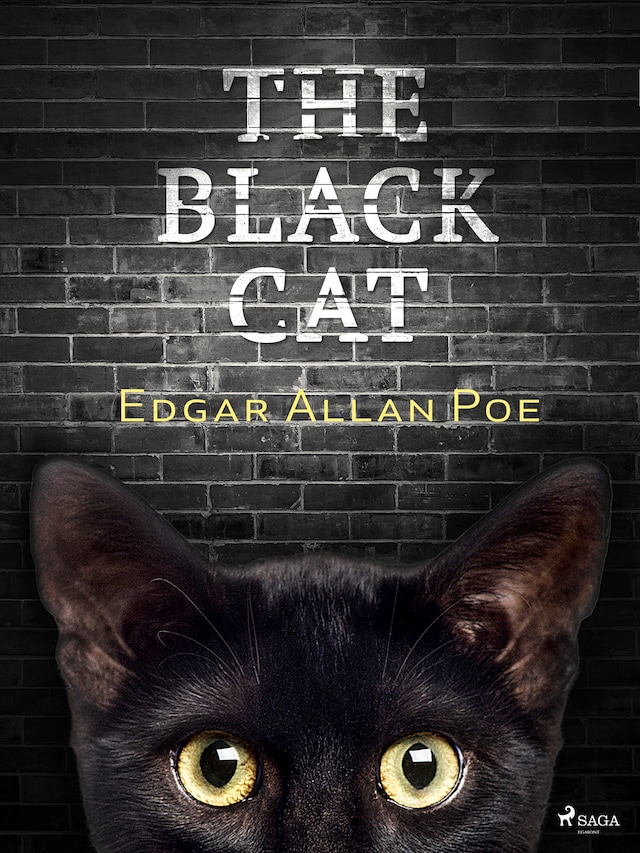
The Black Cat


